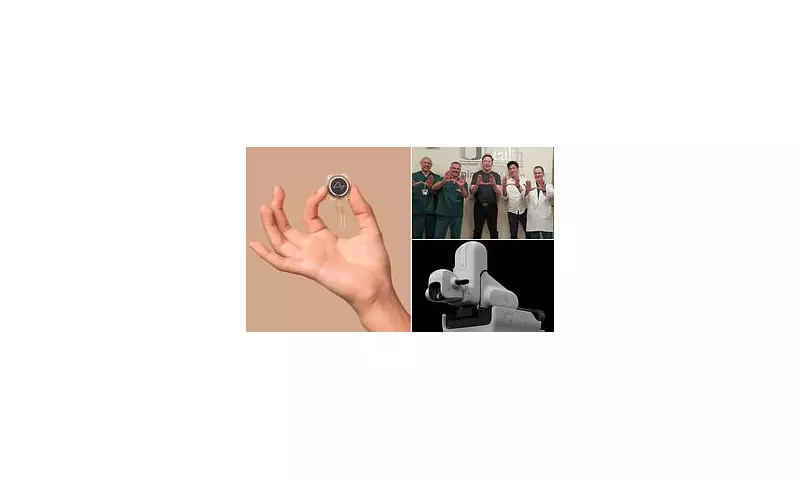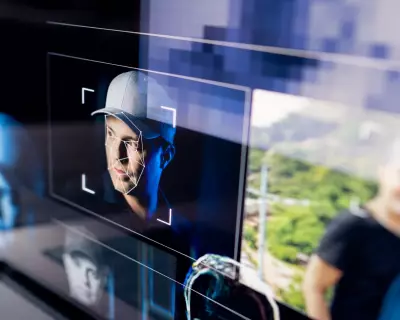
Elon Musk's ambitious brain-chip venture, Neuralink, is setting its sights on the UK for potential human trials of its cutting-edge neural implants. The company, which recently received US approval to test its devices on humans, is now exploring regulatory pathways to expand trials to British patients.
A Leap Forward in Neurotechnology
Neuralink's implant, roughly the size of a coin, is designed to be surgically placed in the skull to interface directly with the brain. The technology promises to help individuals with severe neurological conditions regain lost functions—potentially enabling paralysed patients to control devices with their thoughts.
Why the UK?
Sources suggest Neuralink has been in preliminary discussions with UK research institutions and regulators. The country's robust medical research infrastructure and progressive stance on innovative treatments make it an attractive location for expanding trials beyond the US.
Key advantages of UK trials include:
- World-class neuroscience research facilities
- Established regulatory framework for medical device trials
- Strong patient protection standards
Ethical Considerations
While the technology holds immense promise, experts caution that brain-computer interfaces raise significant ethical questions:
- Long-term safety of implanted devices
- Data privacy concerns regarding neural data
- Potential for cognitive enhancement creating societal divides
Neuralink has faced criticism in the past over its animal testing practices, adding another layer of scrutiny as it moves toward human trials.
The Road Ahead
Before any UK trials can commence, Neuralink must secure approval from the Medicines and Healthcare products Regulatory Agency (MHRA). The process could take months, if not years, as regulators carefully assess the technology's safety profile.
"This represents a watershed moment for neurotechnology," said Dr. Sarah Chen, a neuroscientist at Imperial College London. "While the potential benefits are enormous, we must proceed with appropriate caution."





